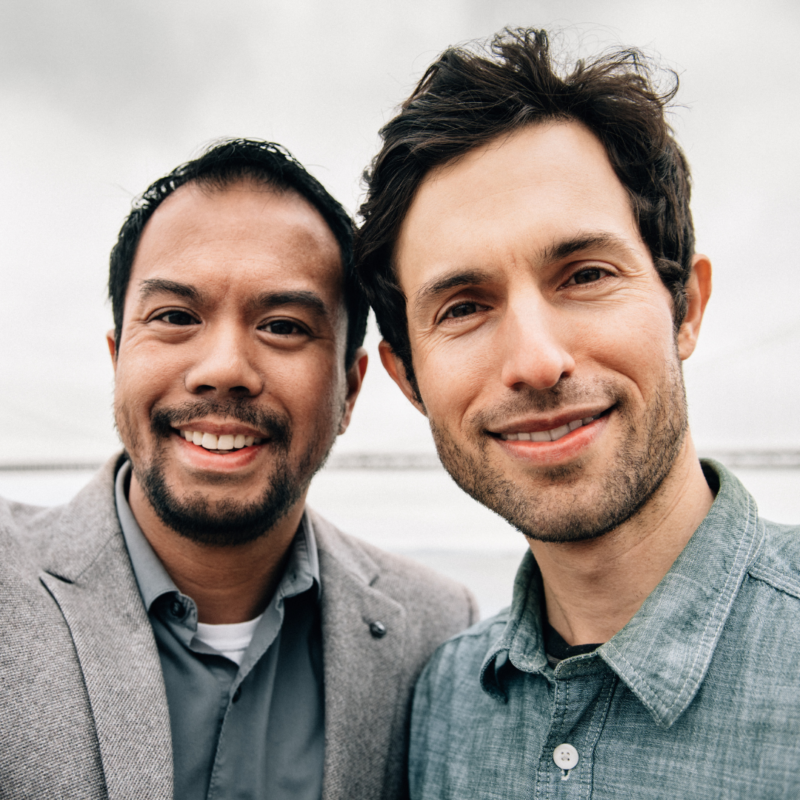Choosing an egg donor
Because finding the surrogate is so complicated, that can often mean the egg donor gets slightly overlooked in terms of their value and importance. From the perspective of the child (and perhaps the intended parents too) the egg donor may be of equal importance and perhaps more, given that they are contributing half that child’s DNA.
All clinics, whether in the UK or abroad, will normally try to match you with a donor of a similar physical type to the non-genetic parent to try to make sure parents and child look like they ‘belong’ together and the child ‘fits’ the family. For same-sex parents there might not be quite the same need for matching physical characteristics, and you may have your own preferences.
Of course, genetics don’t work in quite the straightforward way that we might hope and children who are fully genetically related can still look very different to their parents, perhaps throwing up something from a previous generation. The same is obviously true when using a donor so don’t expect that your child will definitely look a particular way if you choose a particular donor.
If you’re looking for a donor with specific colouring or ethnic background this can sometimes cause a problem if there aren’t donors available. It can be a reason why people end up going to another country, where there are more donors that are a good physical match.
Aside from general looks, prospective parents may also have other criteria that are important to them. Sometimes they are looking for someone with a shared heritage or religion or perhaps someone with a particular educational level or medical history. Often prospective parents want to feel a connection to the donor, perhaps looking for interests and hobbies that match their own. For others, it may be proven fertility that is required – someone who has definitely been able to have a child, either to have their own family or through their previous donations.
It can be a real struggle, if you’re offered a donor who doesn’t meet criteria that feel important to you. And often balancing where you want to have treatment and finding a good donor match becomes an impossible task. It’s not unusual to end up having to compromise on one or the other. It’s a tricky situation that many DC Network members have found themselves in and talking to other members can really help you in working out how to move forward.
Ultimately, most prospective parents are hoping for a healthy pregnancy and healthy baby, so try not to get too caught up in finding a ‘perfect’ match.




